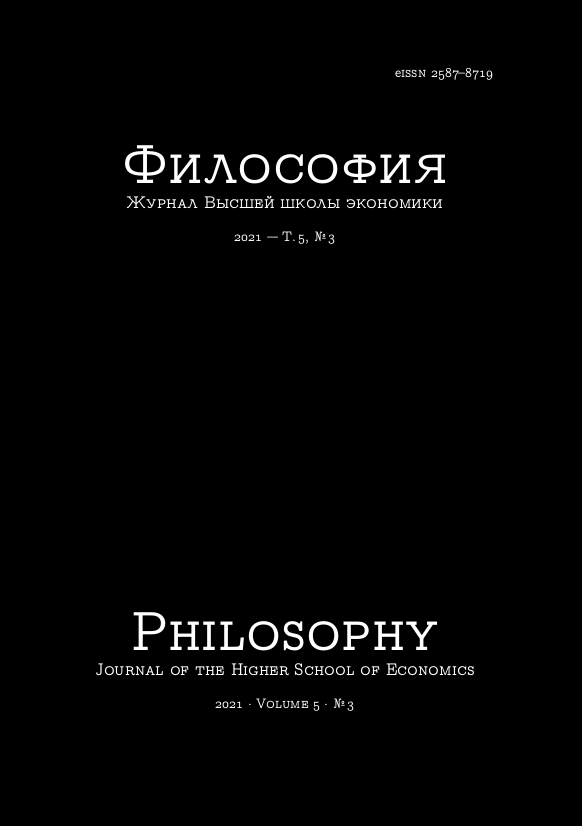Славянофилы и «польский вопрос» в 1840 – 1-й пол. 1860-х годов
Аннотация
Как для славянофильского круга, так и в целом для всего многообразия русских национализмов XIX века «польский вопрос» имеет огромное значение в теоретическом плане, поскольку русские национализмы в той или иной степени формируются как конкурирующие с польским национальным движением и вынуждены каким-либо образом осуществлять демаркацию «воображаемого русского» от «польского». Одновременно «польский вопрос» оказывается и вопросом политического устройства внутри- и внешнеполитического плана: о возможном/желательном имперском дизайне и о внешнеполитическом курсе. Он оказывается тесно переплетен и со «славянским вопросом», что не является непременной чертой любого русского национализма, но непосредственно связано со славянофильством, особенно со второй половины 1850-х годов, когда вопросы «славянской общности» и взаимодействия со славянскими народами, отношения к другим славянским национальным движениям выходят на передний план. В статье кратко показывается, что, несмотря на возможность теоретически предположить неизменно большое значение «польского вопроса» для славянофилов, на практике он занимает отнюдь не неизменное место. Оказываясь в фокусе внимания в 1860-е годы — в первую очередь по причине подъема польского национального движения, затем Январского восстания 1863 г. и последующих правительственных мер в отношении как Царства Польского, так и Западных губерний (Северо-Западных и Юго-Западных), — он не только становится предметом публичной полемики, но и побуждает, а отчасти и вынуждает участников славянофильского круга формулировать свои позиции по принципиальным вопросам доктрины. Тем самым «польский вопрос» вызывает размежевания уже внутри самого славянофильского круга, а вместе с тем определяет публицистическое ядро славянофильства, то есть то, как оно будет представлено и, соответственно, воспринято публикой во 2-й половине 1860-х – 1880-е годы.
Скачивания
Copyright (c) 2021 Философия. Журнал Высшей школы экономики

Это произведение доступно по лицензии Creative Commons «Attribution-NonCommercial» («Атрибуция — Некоммерческое использование») 4.0 Всемирная.






